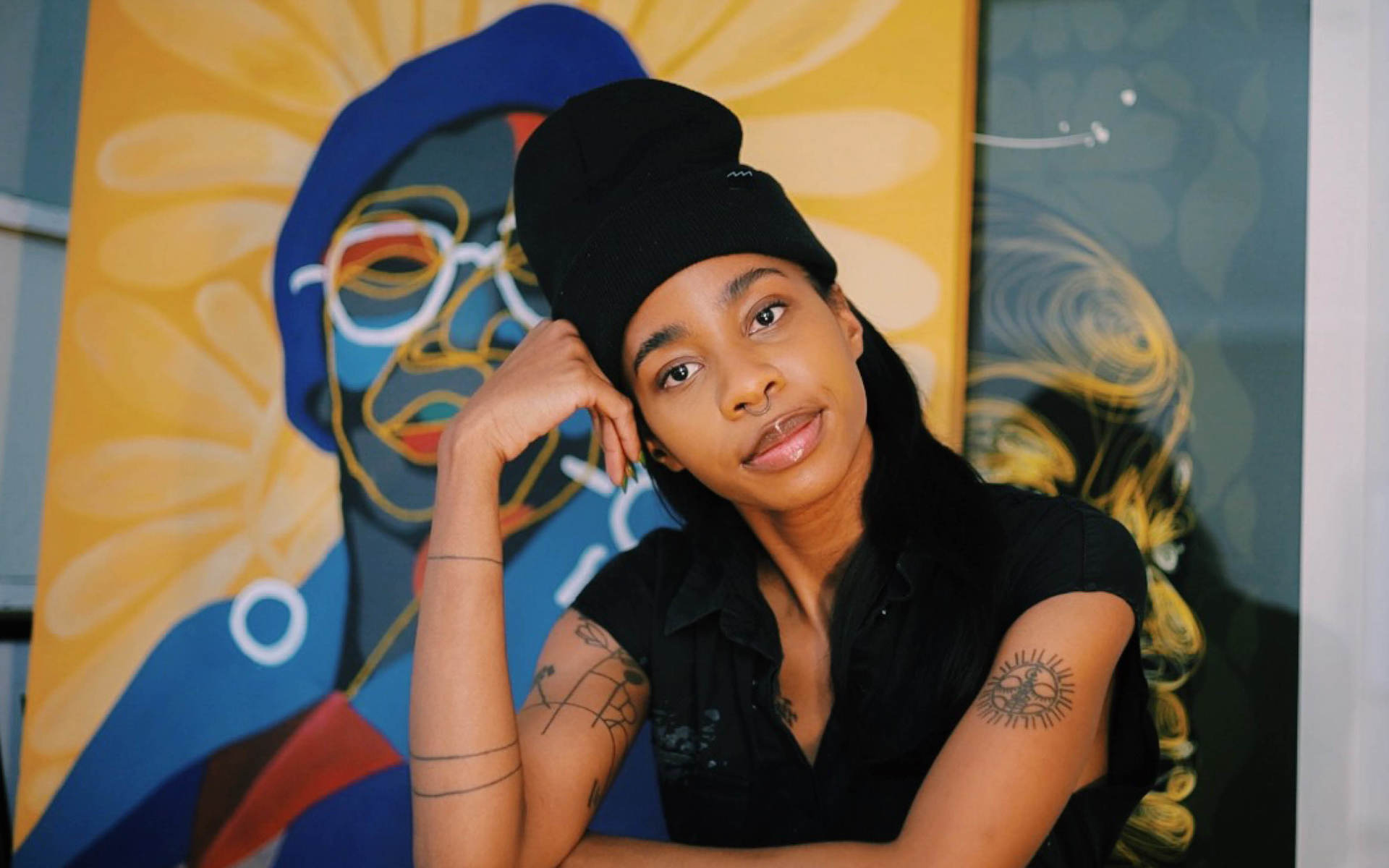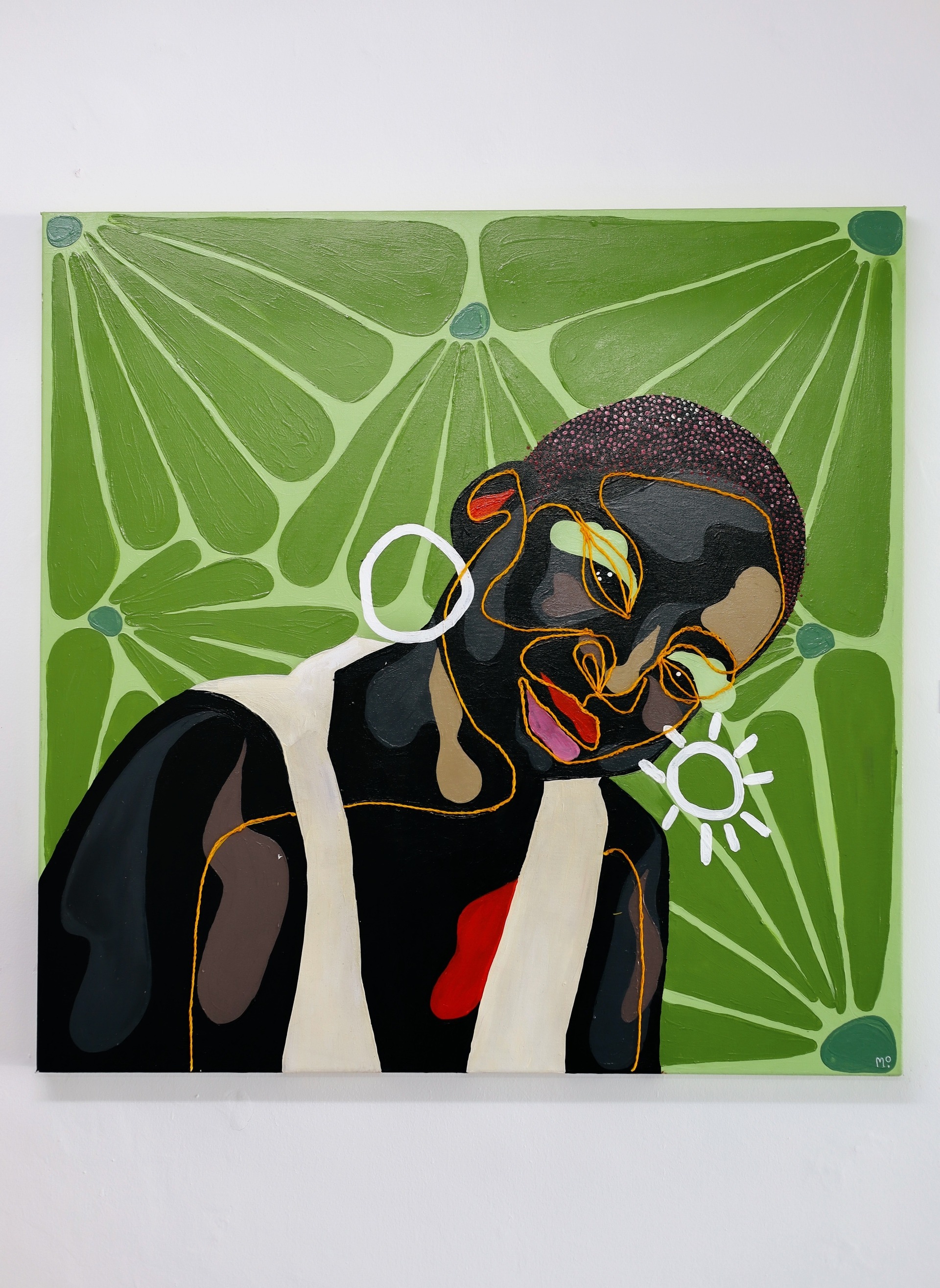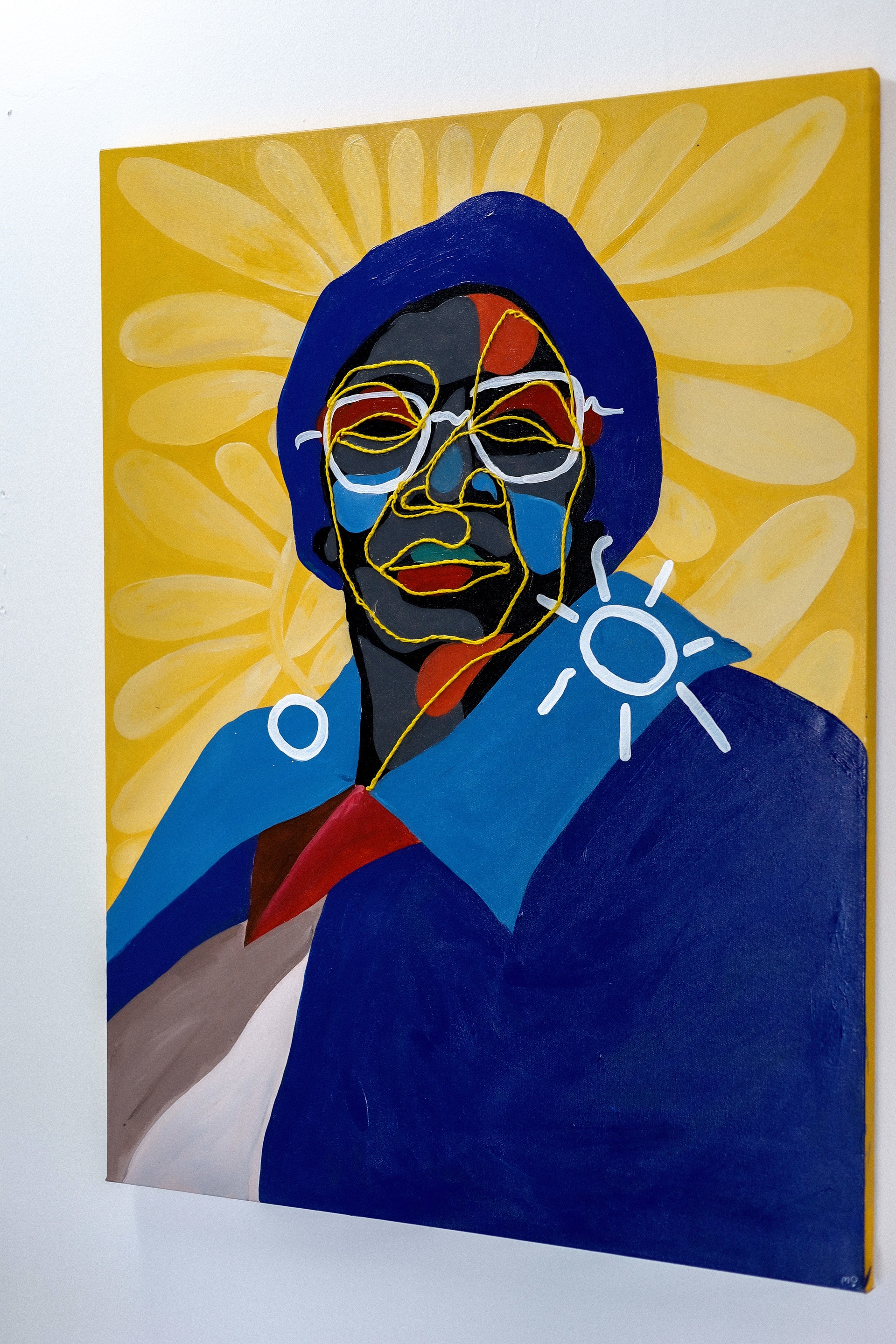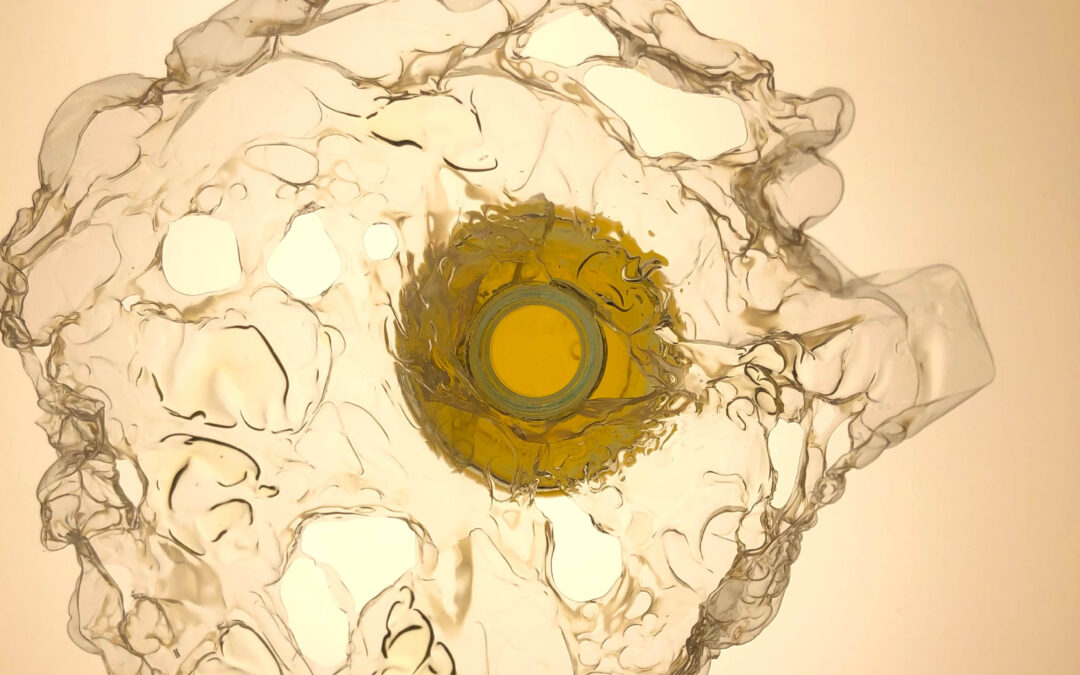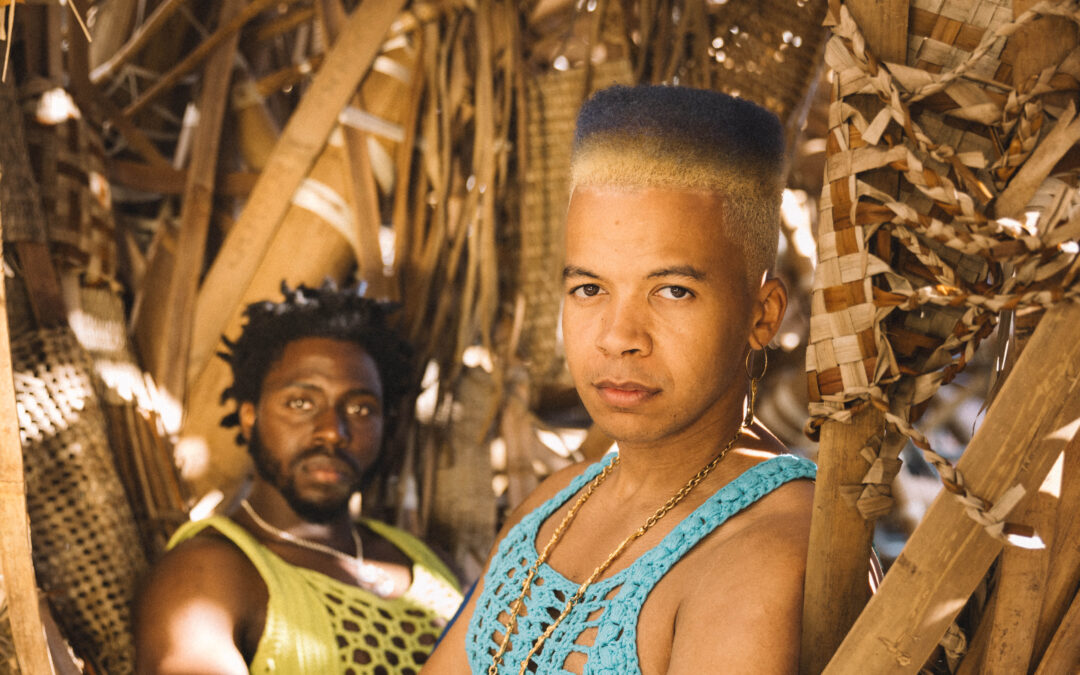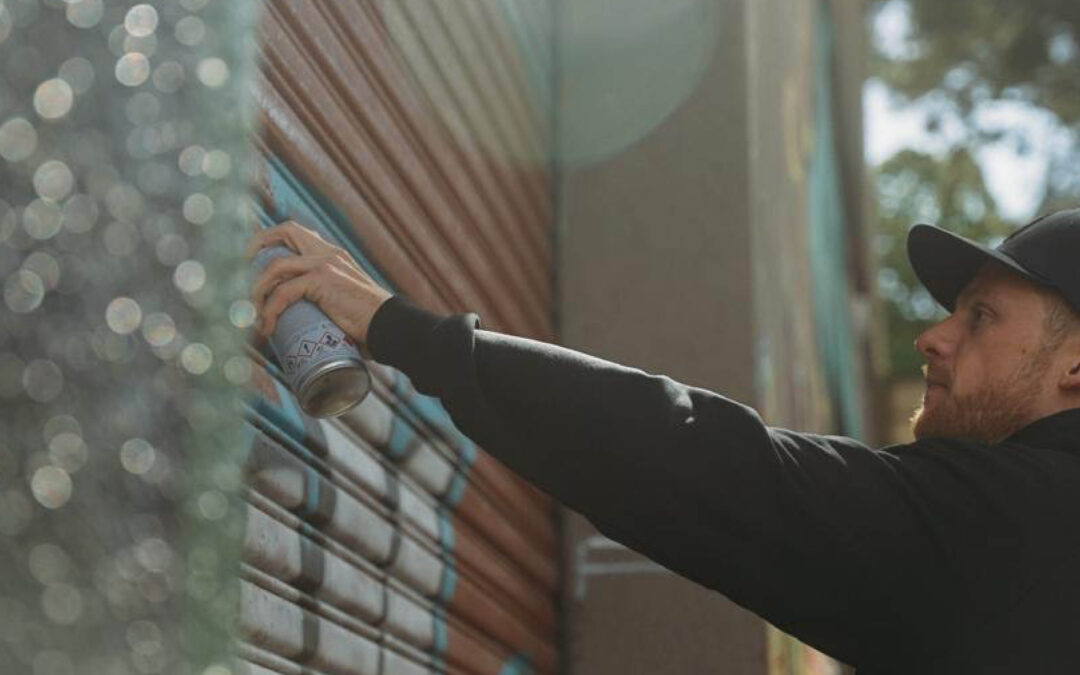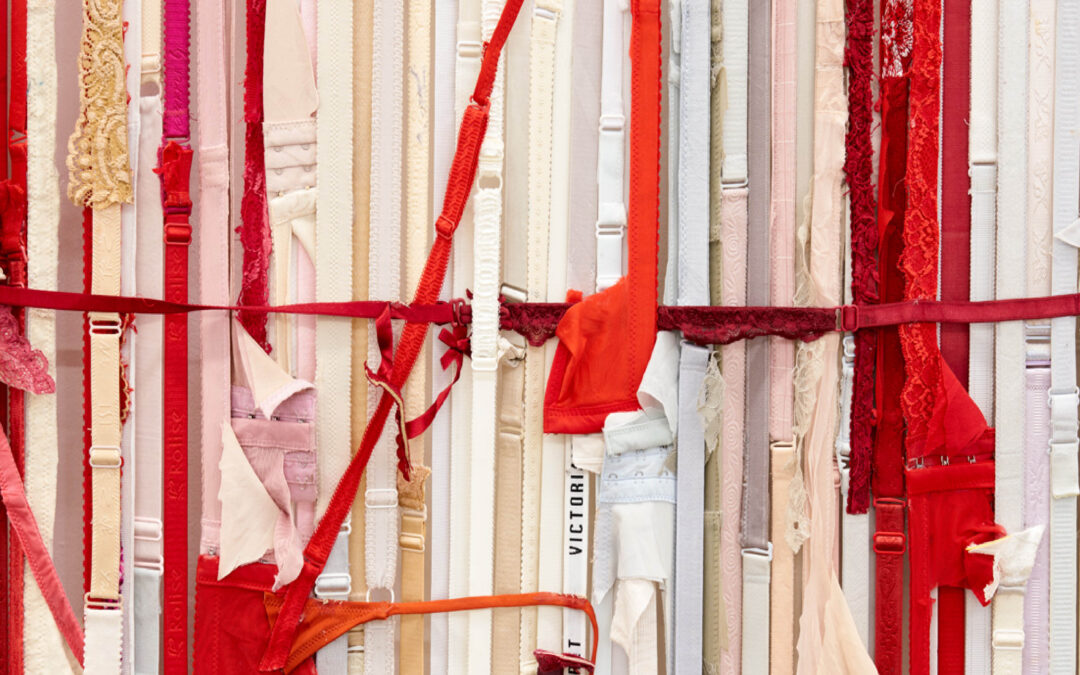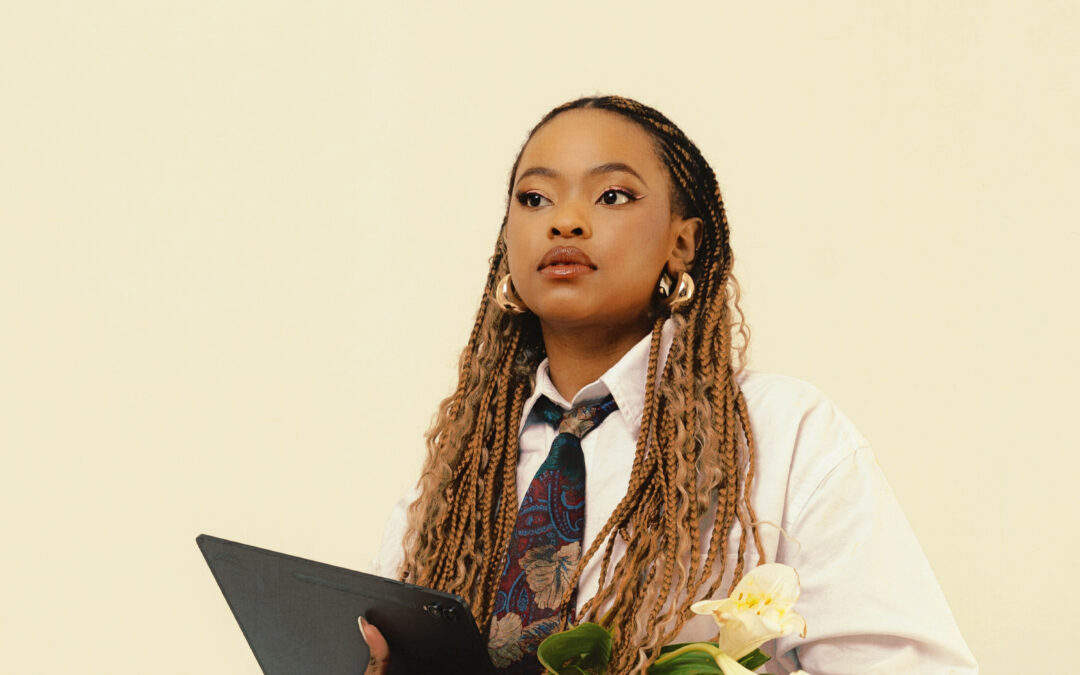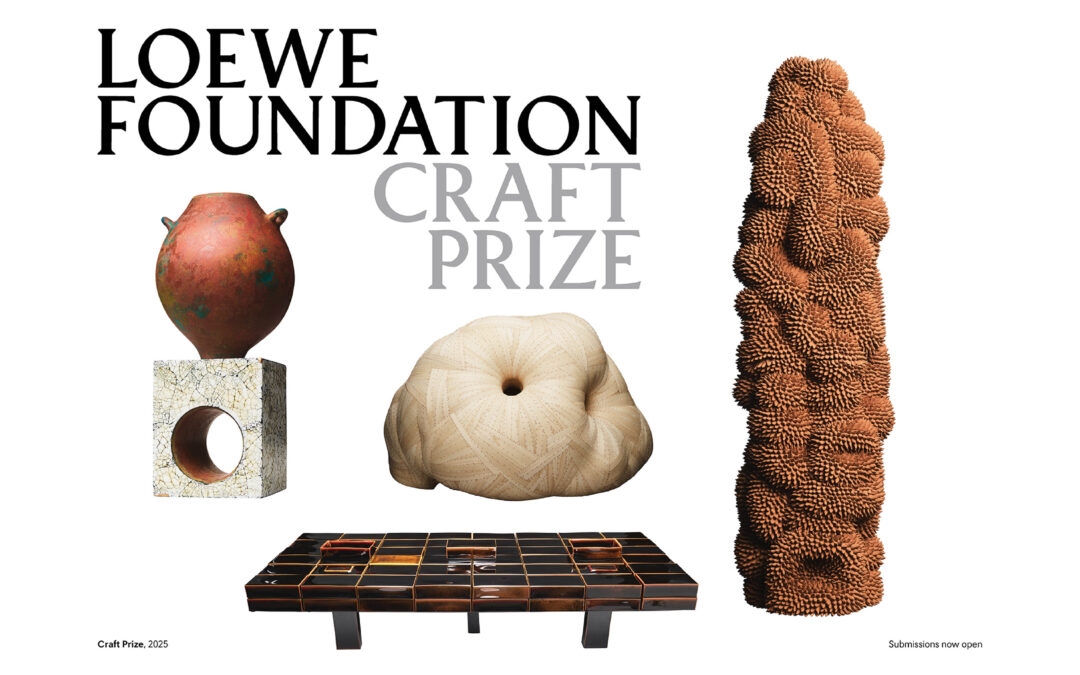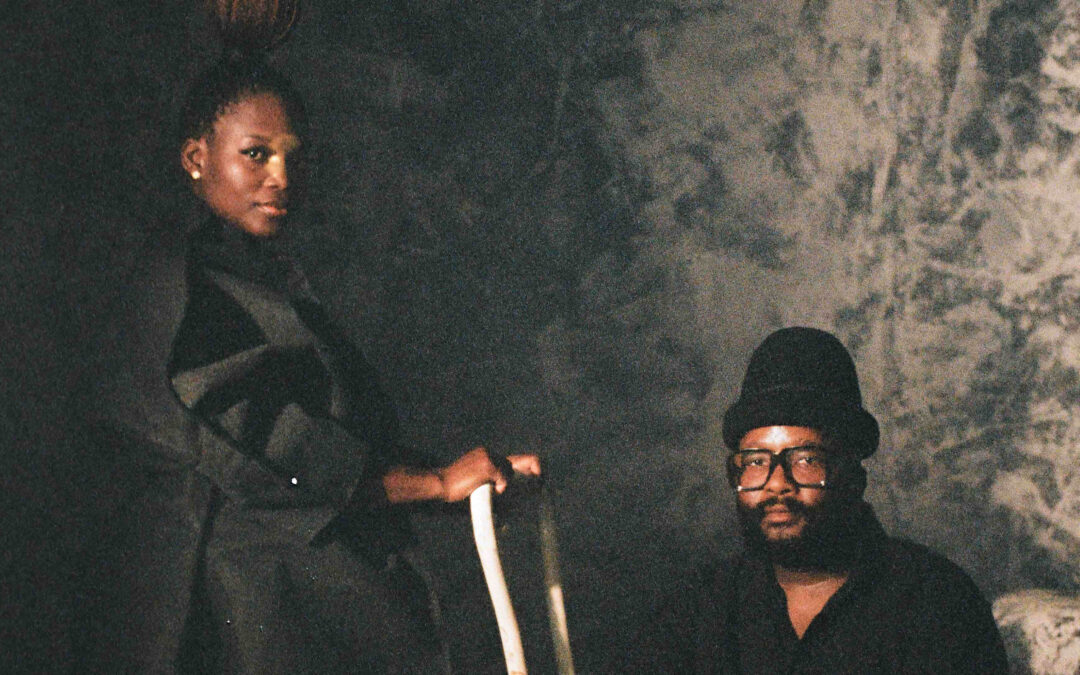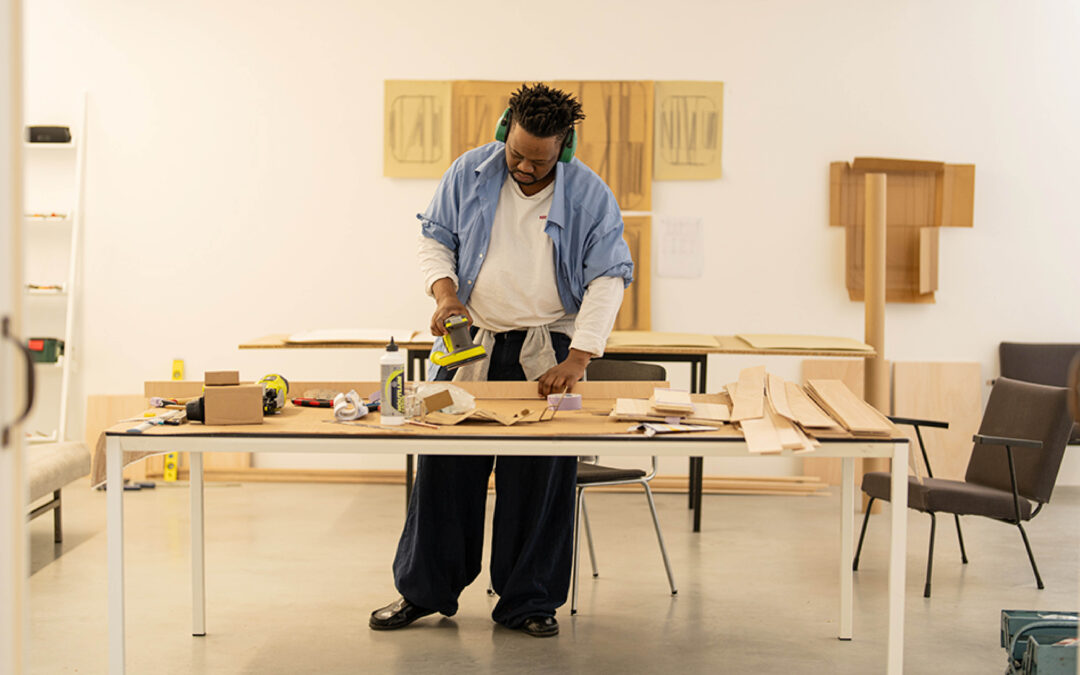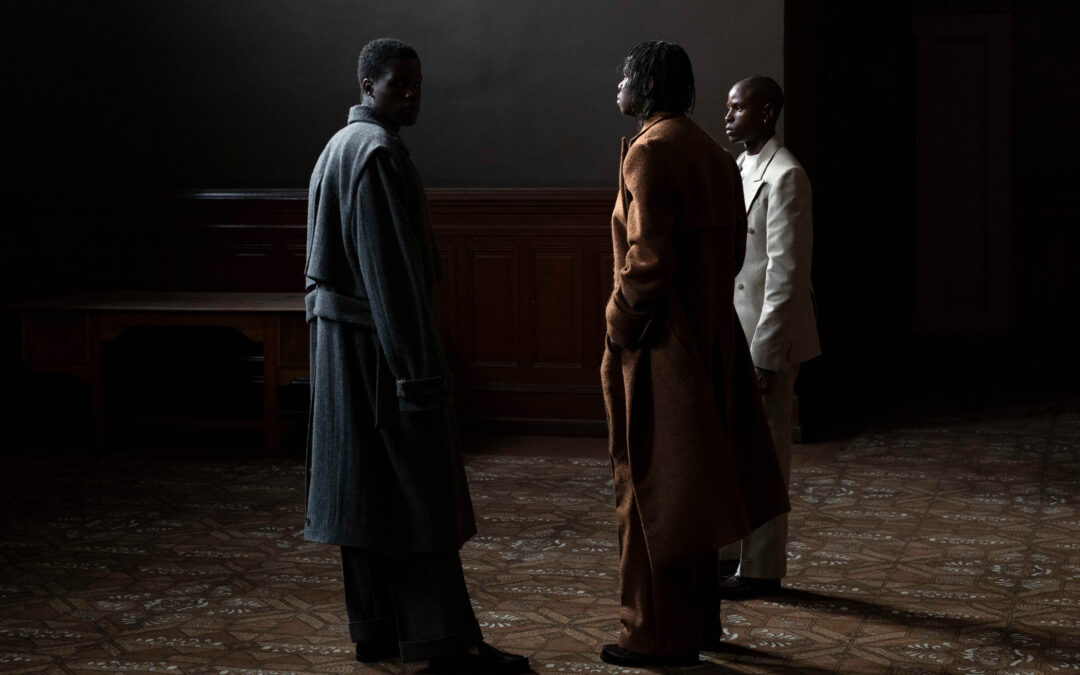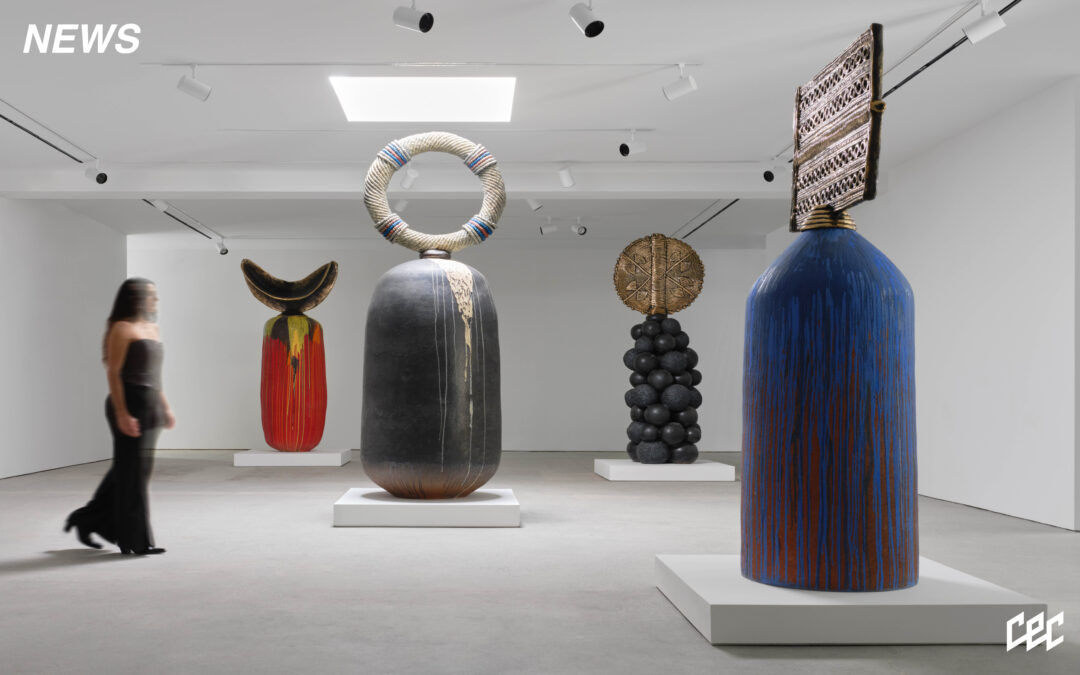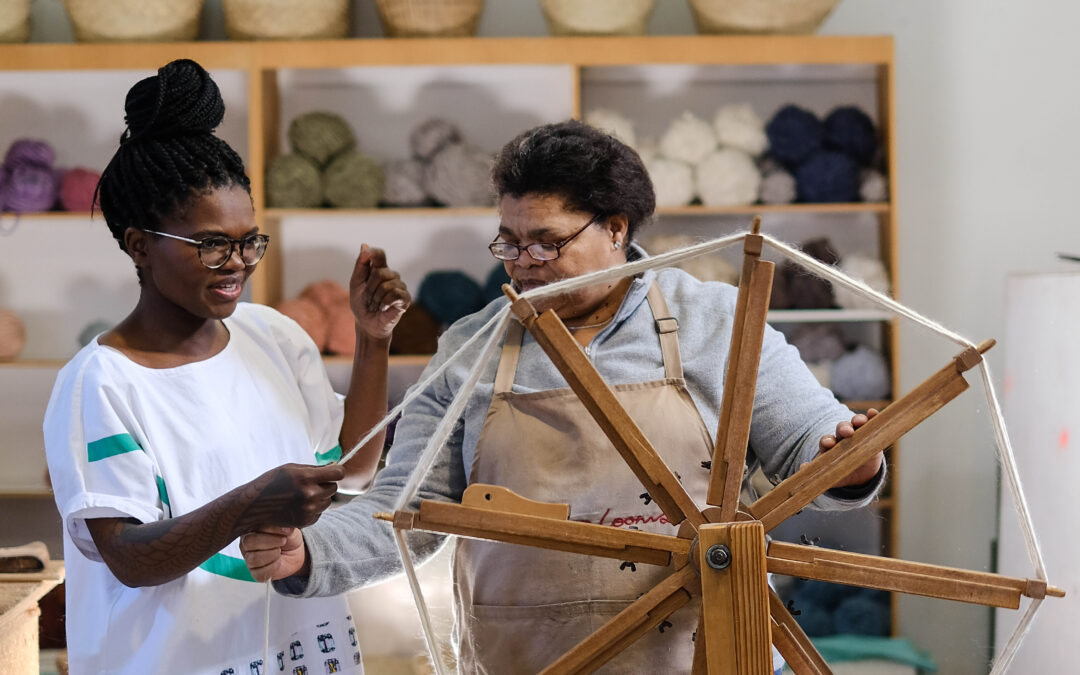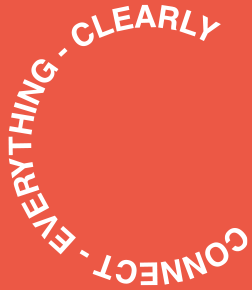Illustrators are the visual conjurers of emotions – bringing forth the tapestry of stories that bind together the human experience. Among the many illustrative styles and forms arising out of South Africa, visual artist Naledi Modupi illuminates one of the most critical depictions that we need; the experience of womanhood. Specifically for Naledi, the tapestry of womanhood that has informed her own individuation is underpinned by ‘the beauty of blackness’ – with Naledi’s work showcasing many stunning portrayals of black women. Naledi has carved out a significant stylistic mode unusually quickly for an artist who began focusing on her practice fulltime from 2020. As Naledi says, “I’ve always known myself to be artistic. I only started connecting with my art as a form of expression a few years ago, especially when I decided to create more intentionally in order to connect with others.”
The willingness for vulnerability is one of the most courageous acts. In a world that demands our total concealment (and strength in the face of distress), to be vulnerable and lead with authenticity and honesty are the deepest virtues. For Naledi, vulnerability is indistinguishable from her self-expression, saying “I really don’t like being perceived, in general. I thought I could shield myself behind my art but I quickly realised that if I could demonstrate vulnerability, then I could use the daunting experience of being perceived and known as a way to grow. From the moment I started to create with more openness and vulnerability, the more meaning my work took on – for others but also for myself. Some pieces I absolutely cannot part with or let go of. Vulnerability has opened an entire world within my work.” Naledi’s founding principle in her work is the concept of sharing and it becomes clear to me in our conversation that Naledi’s tenderness is an instrument of insight for all who know and support her work.
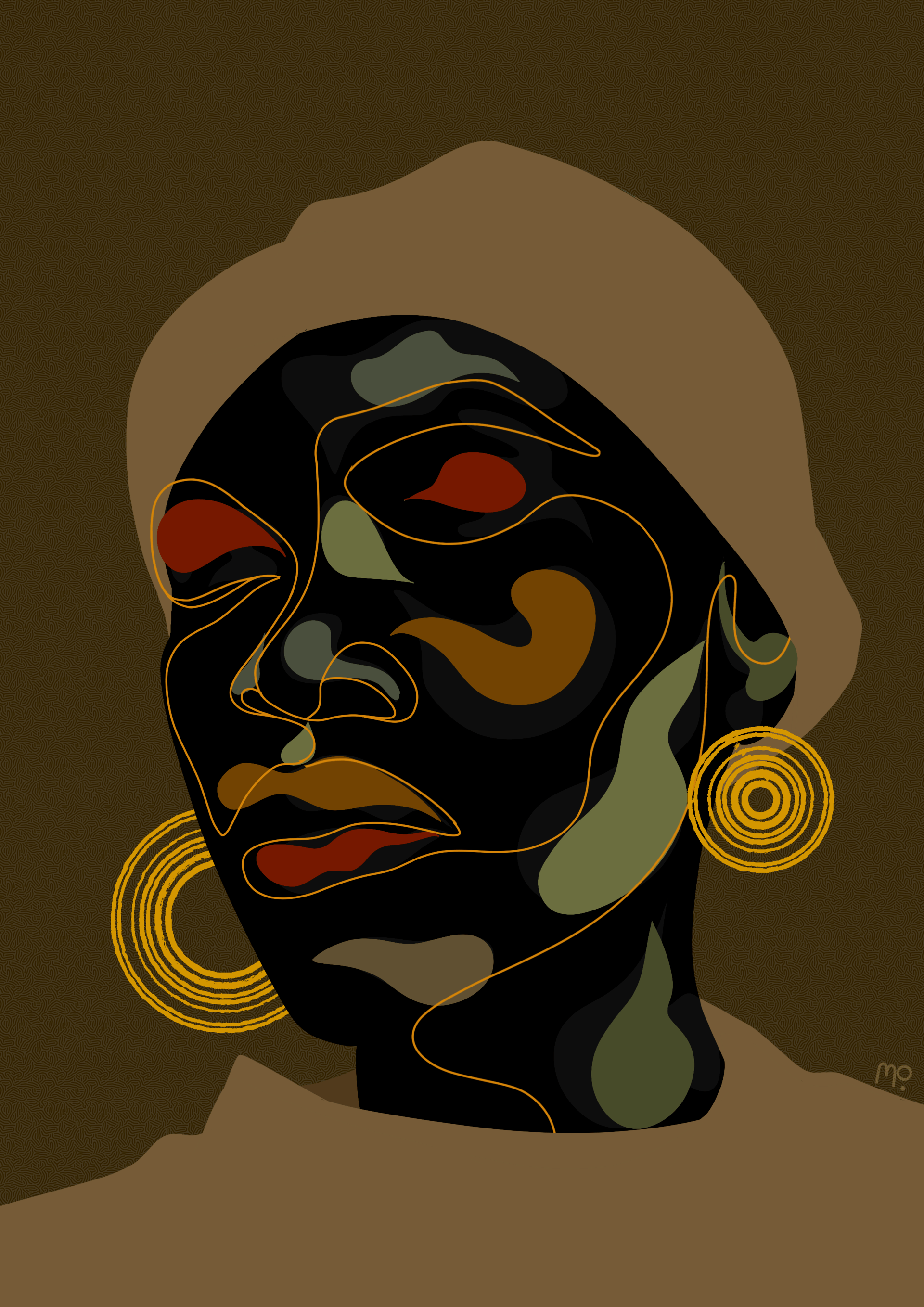
BUSI VICTORIA MHLONGO
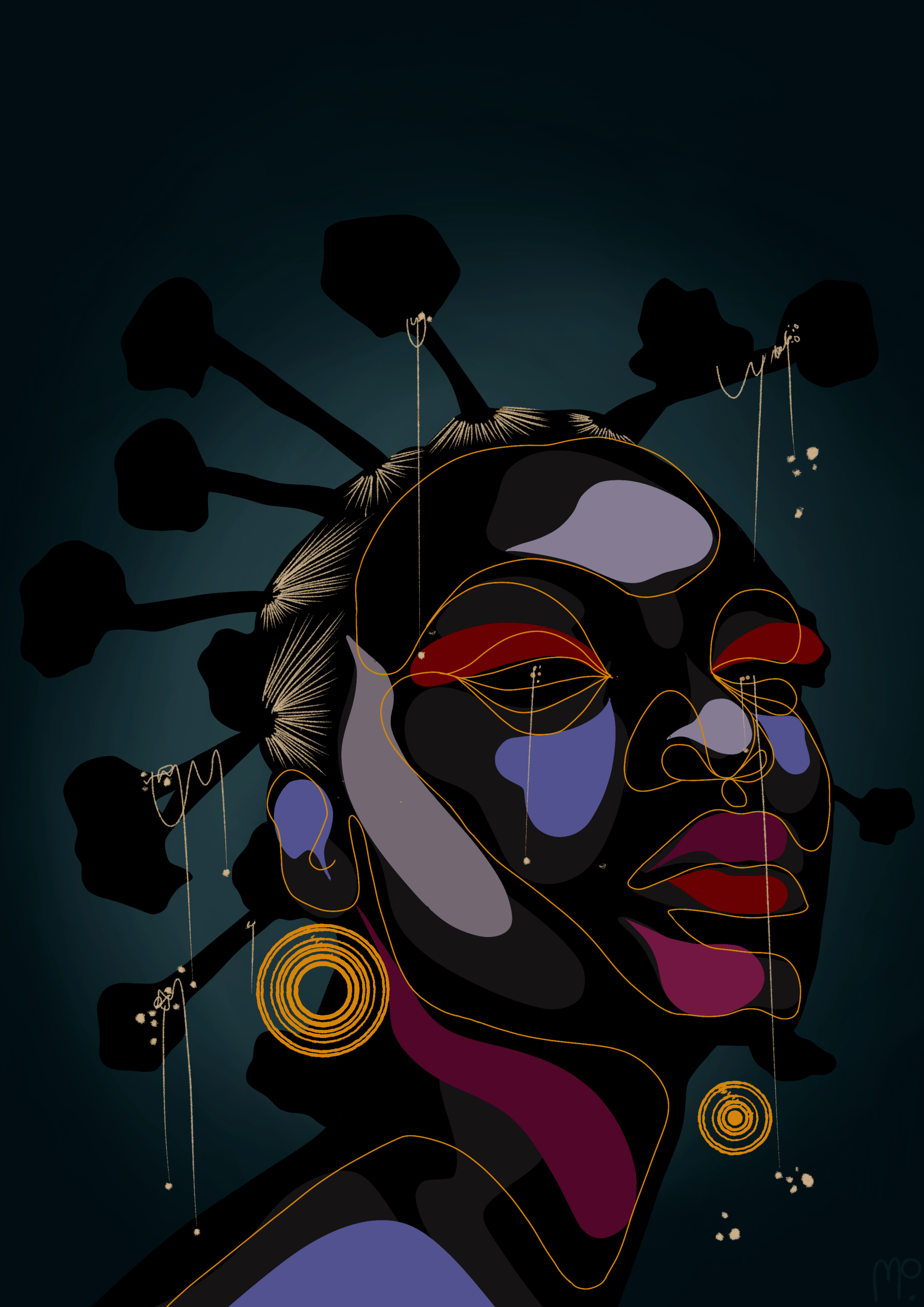
MY ANCESTORS REFLECTED
Naledi works between the realms of digital media and traditional methods. This capacity for transience in her mediums edifies Naledi as an artist for the future – albeit with total reverence for the past histories of her thematic concerns. On her digital style, “digitally illustrating opened up possibilities in a way that I hadn’t imagined before. I first started practising digitally during lockdown in 2020 and it was my saving grace during a time when I couldn’t go explore mediums or get materials. Instead, I had this access at my fingertips. I fell in love with the whole space of digital illustrating.” Of the illustrators that I’ve spoken to, this new media is an incredible site experimentation. Naledi’s style of soft linework and shading in warm tones, most often set against the rich blackness of her figurations, exemplify the compelling future of digital art in South Africa. Naledi has found that her digital art can convey a steadiness in her expression and output, while her first love for traditional painting can form part of a more personal, slow practice unencumbered by the demands of creative commodification within the artistic career path.
On the subject of womanhood – the theme that underpins Naledi’s work – she says, “I think I’m a really optimistic person. The whole point of my work is to express positivity and light. Leading up to women’s month, it feels a bit weird because of the situation that we are in as women in South Africa. We have a lot stacked against us. I want my joy to be the heart of my work, but I do think we need to have more difficult conversations around womanhood. I think my next body of work will invite more dialogue that is challenging, which is going to be tough because I try to protect myself from negativity.” Something which Naledi raises is the experience of forsaking our femininity in order to adapt to the masculine ideals of our society. This is a conversation that has been coming up around me recently, too. The fierce, soft, tender and creative forces of womanhood are sometimes exchanged for ‘male’ ideals of assertiveness, ambition and power – in order to survive. Yet, when we look honestly at all of these ideals, are they not merely intrinsic to being human? Naledi says, “as women embracing every single aspect of who we are and who can only bring balance to our world.”
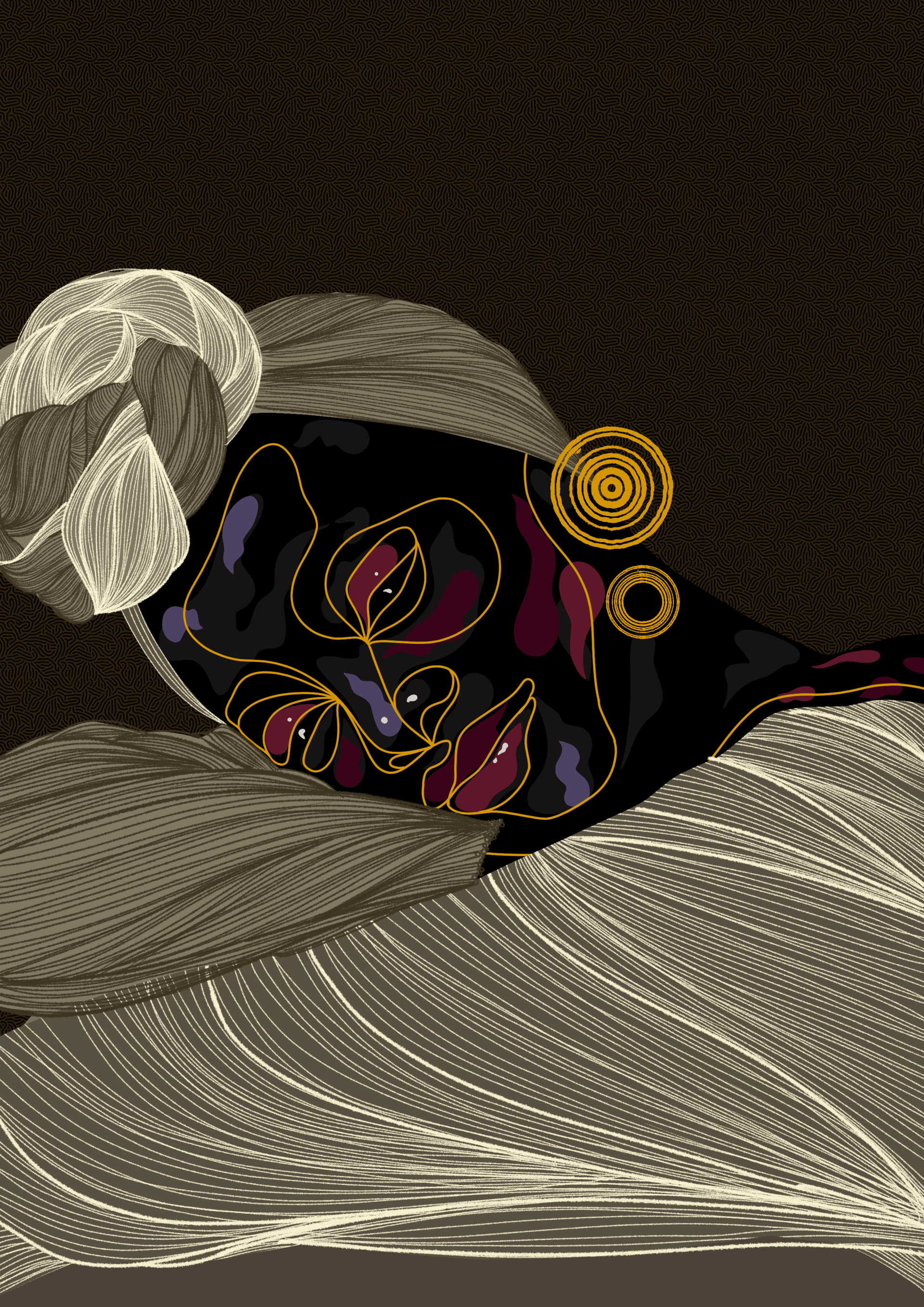
BROWN, SOFT
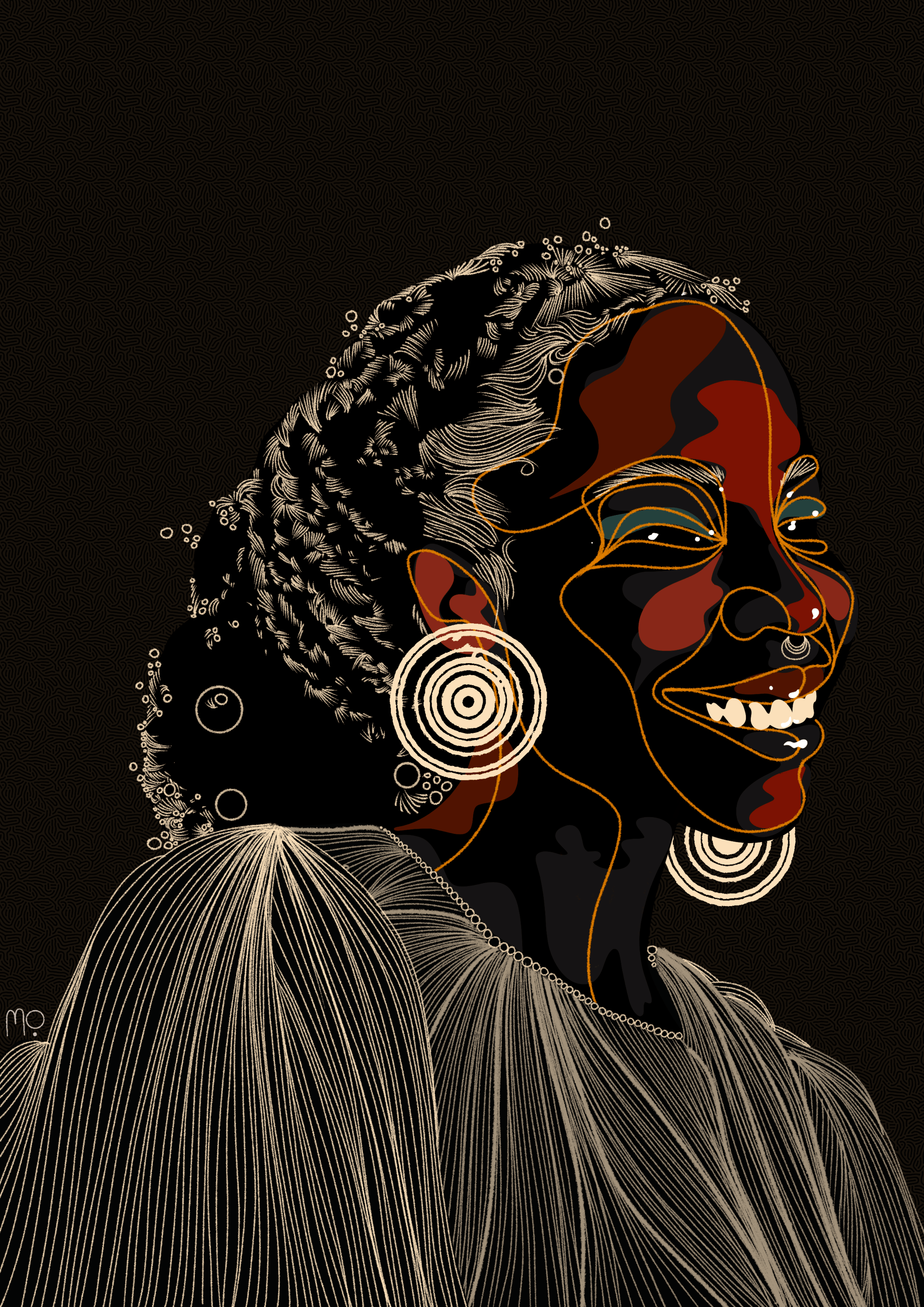
ACCEPT BEING DIFFERENT
Naledi’s first solo exhibition ‘More Women in Colour’ took place until June this year. The show was a love-letter, as Naledi describes “that body of work was a celebration of the women in my life. I was raised by predominantly black women and on the opening night, I told each of their stories – the women who I had portrayed. I was able to tell, through my work, how much my sister’s story means to me, or the fact that my granny was one of the political fighters. The collection was an array of reflections of the feminine forces that have created and nurtured me. I also wanted the show to challenge the tropes and stereotypes of black women – that we are meant to be strong. I wanted to shine light on the nuance of the stories from the black women around me.” As Naledi explains, formulating the show offered her time to sit in conversation with the women in her life – asking questions and tempering her curiosity in a way that she had never been able to do before. Suddenly, the ways and means of who someone is are revealed, “suddenly I understood why they were who they were and I could challenge some of my own expectations, like just accepting that single, black mothers have just the quality of strength within them out of necessity. There is so much more to be told than that.” This kind of storytelling is a gentle alchemy invoked in Naledi’s work and one that I imagine will continue in all the shades of vulnerability and authenticity of her artistic journey.
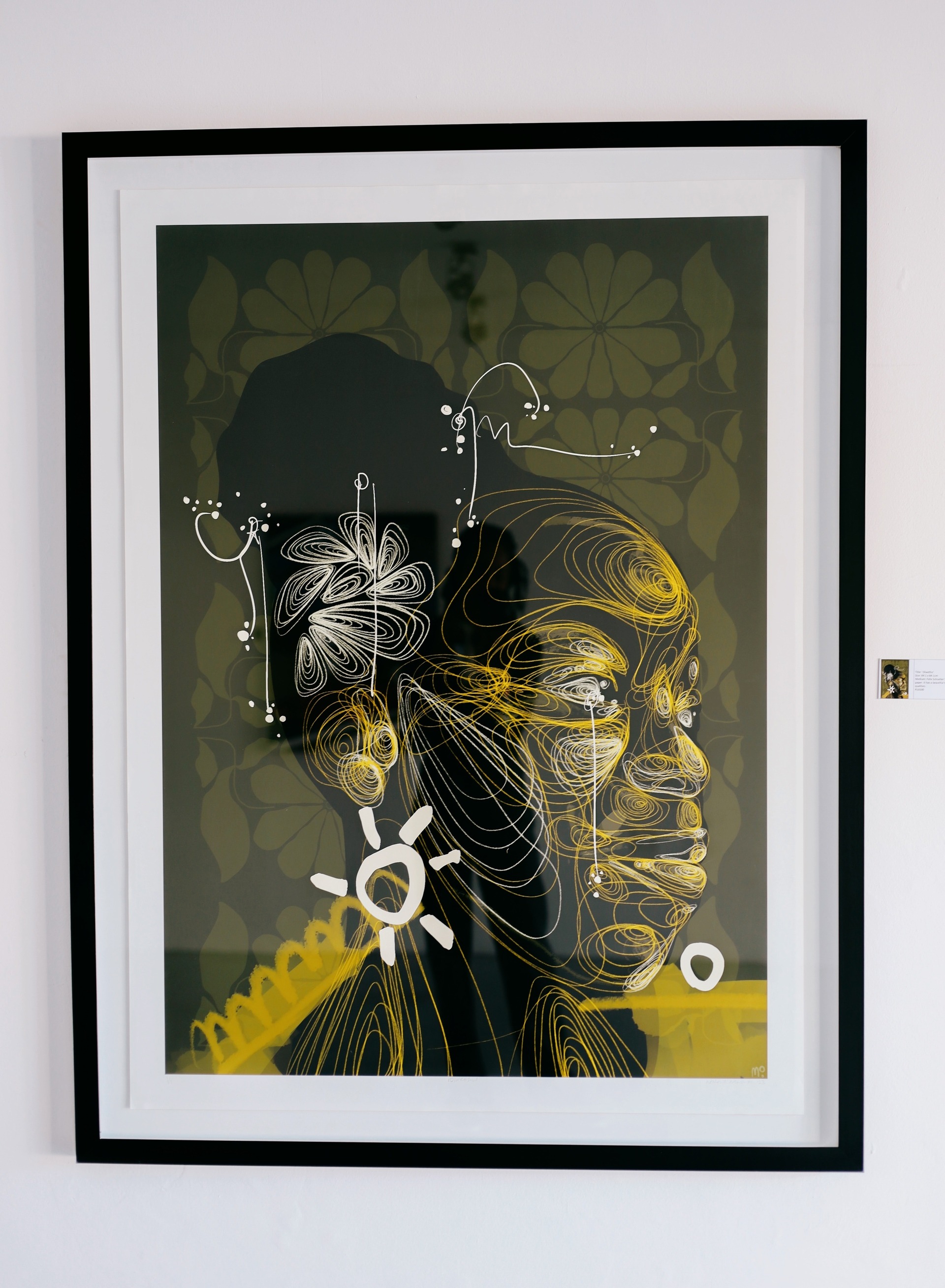
OLWETHU
SELINA & BONTLE
Lastly, I ask Naledi what she would like women to remember during this month of August, South Africa’s ‘Women’s Month’ in remembrance of 20,000 women who bravely marched to the Union Buildings on 9 August 1956, voicing their protest against the extension of Pass Laws to women. Naledi says, “allow yourself to embrace yourself and to embrace other women. If we embrace each other, the world will learn to embrace and celebrate us. Don’t put so much energy and effort in trying to show our worth.”
Written by: Holly Beaton

